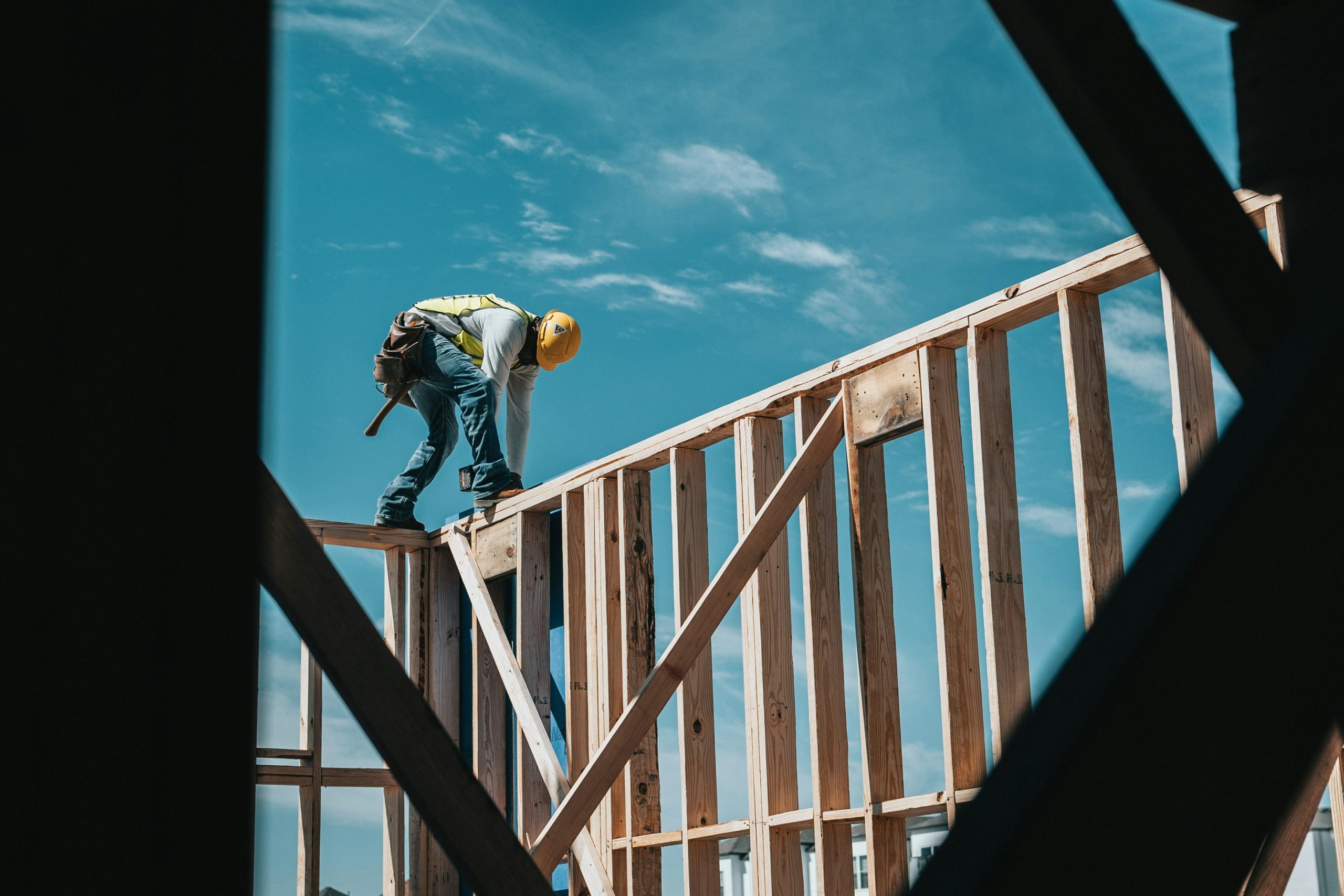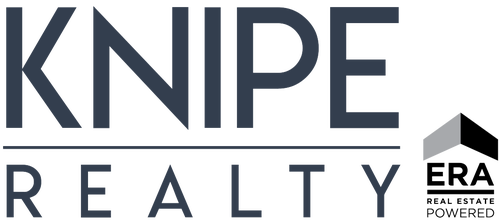⚠️ Common Title Issues That Can Delay Your Closing

Even if a home looks perfect on the outside, issues with the title can cause major closing delays—or even stop the sale completely. Some common problems include:
-
Liens or unpaid property taxes
-
Errors in public records (wrong names, incorrect legal descriptions)
-
Boundary disputes or unrecorded easements
-
Undisclosed heirs of previous owners
-
Illegal deeds or forgery
The good news? Most issues can be cleared up with the help of your title company—as long as they’re found early. That’s why a comprehensive title search and owner’s insurance policy are key to a smooth and secure closing.
🕰️ THE HISTORY OF ESCROW AND TITLE INSURANCE - AND WHY IT STILL MATTERS

Escrow and title insurance both emerged to solve an old problem: how do you safely transfer property from one person to another?
In the early 1900s, buyers often purchased homes without knowing whether the seller truly had legal ownership—or if the land had outstanding debts or lawsuits. This led to countless disputes and financial losses.
Escrow companies stepped in to serve as neutral third parties, holding funds and documents until all conditions were met.
Title insurance followed to protect buyers and lenders from unknown legal issues that might pop up after the sale.
Today, even with digital tools and fast transactions, these protections are more important than ever—especially as fraud and property complexity increase.
🔒 WIRE FRAUD IN REAL ESTATE: HOW TO PROTEXT YOURSELF DURING CLOSING

Real estate wire fraud is on the rise, with scammers intercepting or impersonating escrow instructions to steal large sums of money—often a buyer’s entire down payment.
Protect yourself with these steps:
-
Always verify wiring instructions by phone—call your escrow officer at a known number
-
Never click links or download attachments in unexpected emails
-
Look for red flags like misspelled email addresses or urgent last-minute changes
-
Set up a verbal passcode with your escrow company for all financial communication
When in doubt, pause and confirm. Once funds are wired to the wrong place, they’re almost impossible to recover.
📝 STEP BY STEP: WHAT HAPPENS DURING ESCROW?

Escrow is the neutral “holding period” between offer acceptance and closing. Here’s what happens during that time:
-
Escrow is opened – Buyer deposits earnest money
-
Title search is conducted – To confirm clean ownership
-
Inspections & appraisals happen – To verify condition and value
-
Loan processing continues – Buyer finalizes financing
-
Contingencies are cleared – Like inspection or financing
-
Closing documents are prepared – For buyer and seller
-
Funds and documents are reviewed – And held securely in escrow
-
Signing day – Both parties sign all required documents
-
Recording & keys – Once funds are released and title is recorded, it’s officially closed!
Escrow protects both parties and ensures everything is done properly before ownership changes hands.
🛡️ WHAT IS TITLE INSURANCE - AND WHY DO YOU NEED IT?

Title insurance protects you from financial loss due to problems with a property’s ownership history. Before closing, the title company will do a deep search to ensure the seller legally owns the home—but even the best searches can miss things like:
-
Undisclosed heirs
-
Forged signatures
-
Recording errors
-
Unpaid taxes or liens
There are two types:
-
Owner’s Policy – protects you, the buyer
-
Lender’s Policy – protects your mortgage lender
This one-time cost provides peace of mind that no one will come knocking later claiming ownership of your home. It’s a small investment that can save you from major headaches.
🌧️ MOLD & MOISTURE: HOW TO PREVENT LONG TERM DAMAGE

Mold thrives in damp, poorly ventilated areas—and once it takes hold, it can be hard (and costly) to get rid of.
Watch for early signs:
-
Musty smells
-
Discolored spots on ceilings or walls
-
Condensation on windows
-
Persistent allergy symptoms
Prevent it with these tips:
-
Run bathroom fans or crack a window during showers
-
Use a dehumidifier in basements or crawl spaces
-
Fix leaks quickly (roof, plumbing, windows)
-
Make sure gutters drain away from the home
Stopping moisture before it starts is key to protecting your health and your home.
⚡WHAT IS AN ENERGY SCORE AND WHY SHOULD YOU CARE?

An energy score is like a report card for your home’s energy efficiency. It rates how much energy your home uses compared to similar properties—and how you can improve it.
Why it matters:
-
Helps buyers compare long-term costs
-
Shows you where to save money (think: insulation, windows, HVAC)
-
Increasingly required for listings in some areas (like Portland)
In Oregon and Washington, some cities and utilities offer free or low-cost home energy assessments. Improving your score can boost your home’s value and lower monthly bills.
🧾 DO YOU NEED A PERMIT FOR THAT? HOME PROJECTS THAT REQUIRE APPROVAL

Planning a home improvement project? Before you grab a hammer, know that many upgrades require permits—even if you’re doing the work yourself.
Typically requires a permit:
-
Adding or removing walls
-
Electrical or plumbing updates
-
Installing a new deck, water heater, or furnace
-
Roof replacements
-
New windows (in some jurisdictions)
Usually doesn’t require a permit:
-
Painting or flooring
-
Kitchen cabinet replacement
-
Minor repairs
Tip: Always check with your local building department (like the City of Vancouver or Clark County) before starting. Unpermitted work can affect resale, insurance, and safety.
🛠️ HOW TO EXTEND THE LIFE OF YOUR ROOF, HVAC, APPLIANCES

Routine maintenance can add years to your home's biggest investments—and save you from expensive surprises.
Roof:
-
Clean gutters twice a year
-
Check for missing shingles after storms
-
Remove moss or algae build-up with safe treatments
HVAC:
-
Replace filters every 1–3 months
-
Schedule professional servicing twice a year (spring & fall)
-
Keep outdoor units clear of debris
Appliances:
-
Clean your dryer vent annually
-
Vacuum refrigerator coils
-
Don’t overload your washer or dishwasher
A little upkeep now goes a long way in protecting your home’s value (and your wallet).
🏡 WHAT YOU NEED TO KNOW ABOUT LEAD-BASED PAINT

If your home was built before 1978, there’s a chance it contains lead-based paint—a serious health hazard, especially for children and pregnant women.
Risks:
Lead dust can be released during renovations, sanding, or even everyday wear and tear. Exposure can lead to developmental delays and other health issues.
What to Do:
-
Have your home tested by a certified professional.
-
Don’t disturb peeling or chipping paint in older homes.
-
Use lead-safe practices during any renovations.
Selling? Federal law requires you to disclose known lead-based paint hazards and provide buyers EPA's lead pamphlet.


